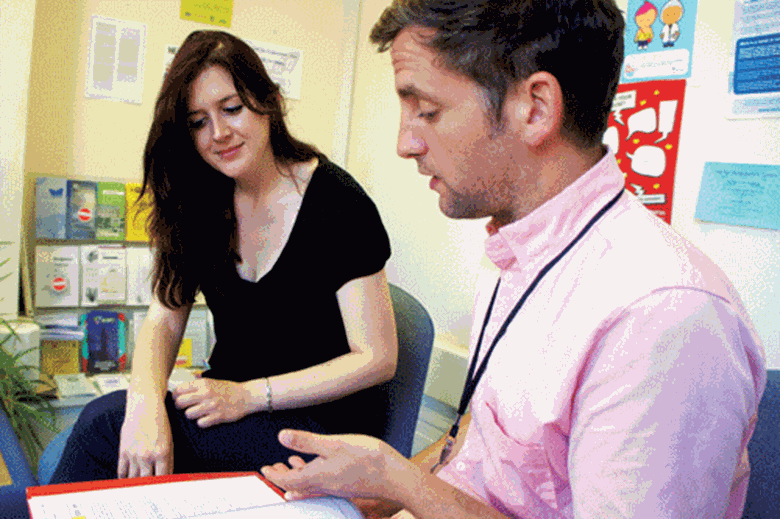Good Practice: How interventions are curbing antisocial behaviour in Brighton and Hove
Friday, October 14, 2011
Intensive work with both families and their social workers led to a dramatic fall in complaints about behaviour within months

Project Brighton and Hove's family intervention project (FIP)
Funding About £600,000 a year covers the core work of the FIP, other intensive group work with families and Common Assessment Framework mentoring for professionals. This is provided mainly from Brighton and Hove City Council's Early Intervention Grant, with some funding from the Partnership Community Safety Team.
Purpose To reduce antisocial behaviour and improve the welfare of vulnerable children and families
Background Brighton and Hove was a trailblazer for family intervention projects (FIPs), launching one of the first nearly six years ago with government funding.
The project initially focused on tackling antisocial behaviour but like many FIPs its remit evolved to encompass wider work with families with multiple and complex problems.
In September this year this shifted to target families that have a child protection plan, crime and disorder concerns and children at high risk of going into care.
Action The FIP's core business involves intensive work with families to set them back on track, with keyworkers co-ordinating a range of support, which might include parenting programmes or help to tackle substance misuse.
The aim is to address the causes of problems. But if offending or antisocial behaviour continues, then workers will take enforcement action such as antisocial behaviour orders or prosecuting parents for children not going to school.
Referrals come via social services and the aim is to get support in place as soon as possible, with the FIP being one of the options discussed at initial child protection meetings. FIP staff work very closely with a family's social worker to look at which targets from the child protection plan they will focus on.
An action plan is then drawn up with the social worker, family and other agencies.
The FIP team usually aims to work with families for about a year, getting them to a point where they need less intensive support.
The FIP works with about 45 to 50 families at any one time. It often takes a lot of time, effort and persistence to engage these families so having committed and well-trained staff is absolutely key, explains community safety manager Debbie Corbridge.
In Brighton and Hove, FIP workers undertake a wide range of training to give them the skills to take on this difficult work.
"We do invest in our workers," says Corbridge. "Their role is multi-faceted and they're very good at getting that balance between support and challenge, which is certainly not easy."
Workers need an excellent knowledge of services available to ensure families get the right support for them.
"They have good management support as well, which is vital when you're working with vulnerable families," says Corbridge.
Outcome Brighton and Hove's FIP has helped deliver an 84 per cent reduction in antisocial behaviour, well above the national average reduction of 58 per cent.
The project's annual report for 2010/11 shows the FIP worked with 69 families - a total of 328 people, 192 of whom were under 18. The report shows families get consistent support as 91 per cent keep the same keyworker throughout the lifetime of a case.
There is also an extremely high engagement rate, with only three per cent of families dropping out.
The team monitors complaints about antisocial behaviour made to police and housing providers. The average number of complaints about families in the three months before referral to the FIP is 15 per family. That drops to 6.7 in the first three months, 3.2 in months four to six and after 12 months the average is 1.6 incidents per family.
The work is highly cost-effective. On average the FIP costs £8,850 per case. However, calculations for individual families show savings of up to £160,000 in services such as health, social services and education and employment support, according to the Brighton project's annual report.
If you think your project or programme is worthy of inclusion, email supporting data to ravi.chandiramani@haymarket.com




